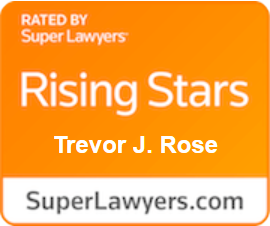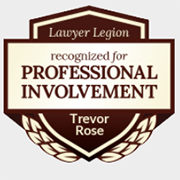When you own a business, you need to include it in your estate plan. Not including it means that the business could be passed on to a beneficiary that you didn’t designate after your death. It could be sold or run in a way that you would not have approved of.
When you’re planning for your death, you’ll want to start with your basic will and estate plan. The plan for your business will take into consideration several things including:
- Planning for tax issues regarding your estate and business
- The need for a buy-sell agreement if you’re not the only business owner
- Purchasing life and disability insurance
- Working with an attorney to set up a succession plan
There’s no question that you probably have many things on your plate right now, especially as you’re in charge of a profitable business. However, taking some time to review your business’s succession plan and to discuss that plan with the people who are involved is vital to keeping your business in good shape even after you pass away.
Business estate planning helps guarantee that your business matters will all be taken care of after you pass away, whether that happens in old age or suddenly and unexpectedly. If you are disabled, this plan could also come into effect, protecting your business and interests.
Why do you need to set up a succession plan?
A succession plan is a process that identifies the new leaders of a business when the old leaders retire, die or leave. There can be many reasons for setting up one of these plans, but the main reasons include being able to choose the successor and having control over the direction of the company.
Succession planning won’t happen overnight. It can take many months or years to determine who you want to have take over your business. Still, it’s smart to choose someone to hand the business over to if you’re disabled or die unexpectedly, whether that is a spouse, a child or a trusted colleague. You can always update the succession plan and change who you want to have as the successor at a later time if you find that the original successor’s goals don’t line up with your own.
Your attorney will help you draw up the succession plan and further documents needed to protect your business if you are disabled or pass away, so you can rest easy.




